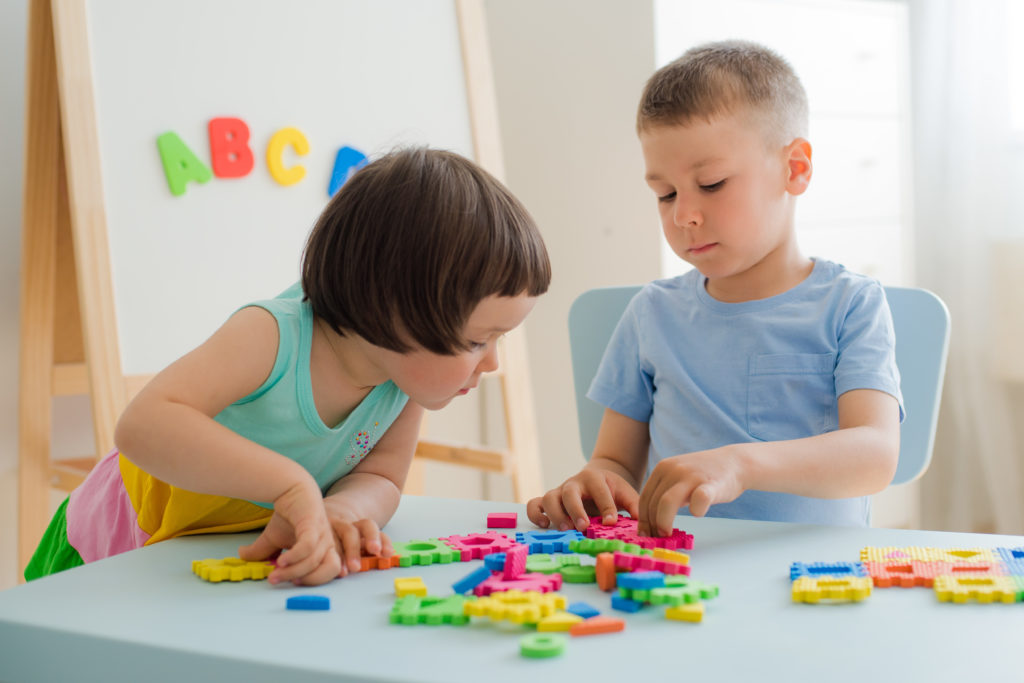
Eat, Nap, Play, Repeat: Your Child and Routines
Written by: Caitlyn Chun
Everyone has routines that work for them. Perhaps this morning began like most of your mornings do: shuffle to the bathroom, wash your face, and brush your teeth before making coffee. These regular patterns serve important functions in our daily lives. For instance, our morning routines help us transition from being asleep to being awake and being ready for the day. In general, routines help us with transitions, and they give us a sense of comfort and security.
Benefits of Routines
For our children, routines serve a similar purpose. Research on routines suggests that they play a critical role in establishing a child’s sense of predictability, stability, and security. When children learn to anticipate a loved one’s return, and when they will nap, play, and snack, they gain a sense of emotional security knowing that there is a trusted adult to help meet their needs. In the toddler years, routines help build independence, trust, and security. For preschool and elementary-age children, the use of routines can reduce impulsivity and hyperactivity and aid the development of self-control.
Routines and Learning
Routines are repeated, predictable events that form the foundation of our daily lives. These moments provide some of the richest learning experiences for child development. Through routines, you can teach your child a variety of skills. For instance, a regular bedtime routine teaches children important sleep skills, such as how to wind down for the night. In addition, you can teach safety skills through practicing a routine that consists of holding hands with an adult, and then looking both ways before crossing a street. Similarly, children can practice their social skills when interacting with others through sticking to the routine of starting with a greeting, chatting, and ending with a goodbye.
Don’t Just Feed – Nourish
As you move through daily routines with your child, take advantage of the time together to be fully present in the moment. You might explain the importance of the activity that you are doing together. You might let them know what you expect of them. You may even share personal stories and experiences from your own childhood. These moments are important learning experiences for our kids, and they are emotionally recharging for both caregiver and child. In these moments, you have the opportunity not just to feed, but to nourish.
Resources
CDC Essentials for Parenting Toddlers and Preschoolers: Creating Structure and Rules
Family-Based Routine Support Guide: Building Relationships with InfantsFamily-Based Routine Support Guide: Early Elementary — 4 to 8 years


